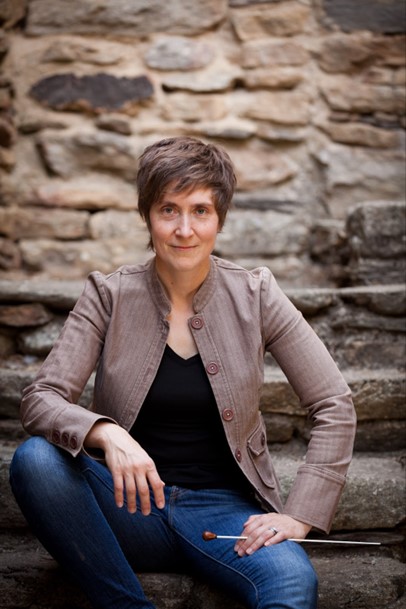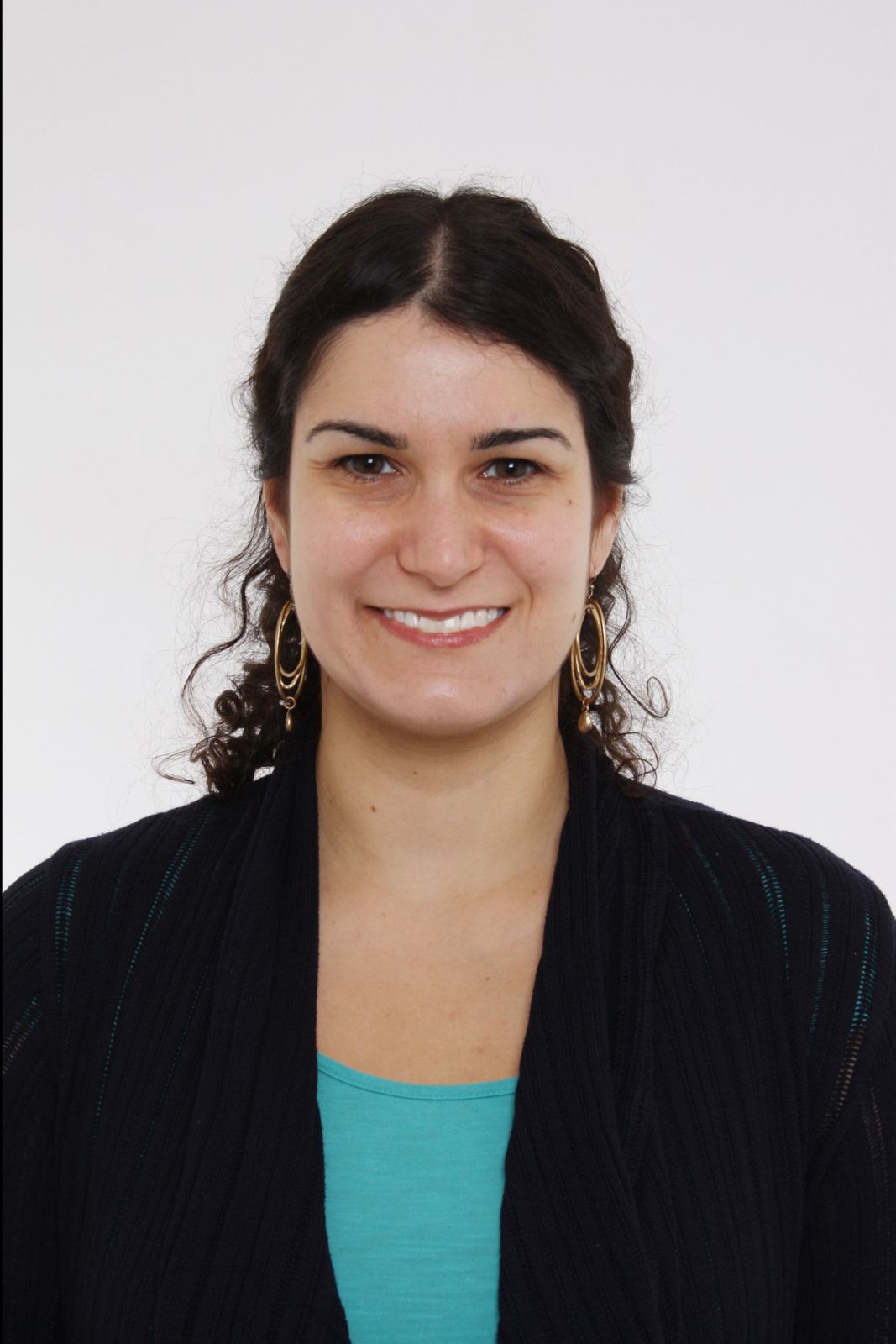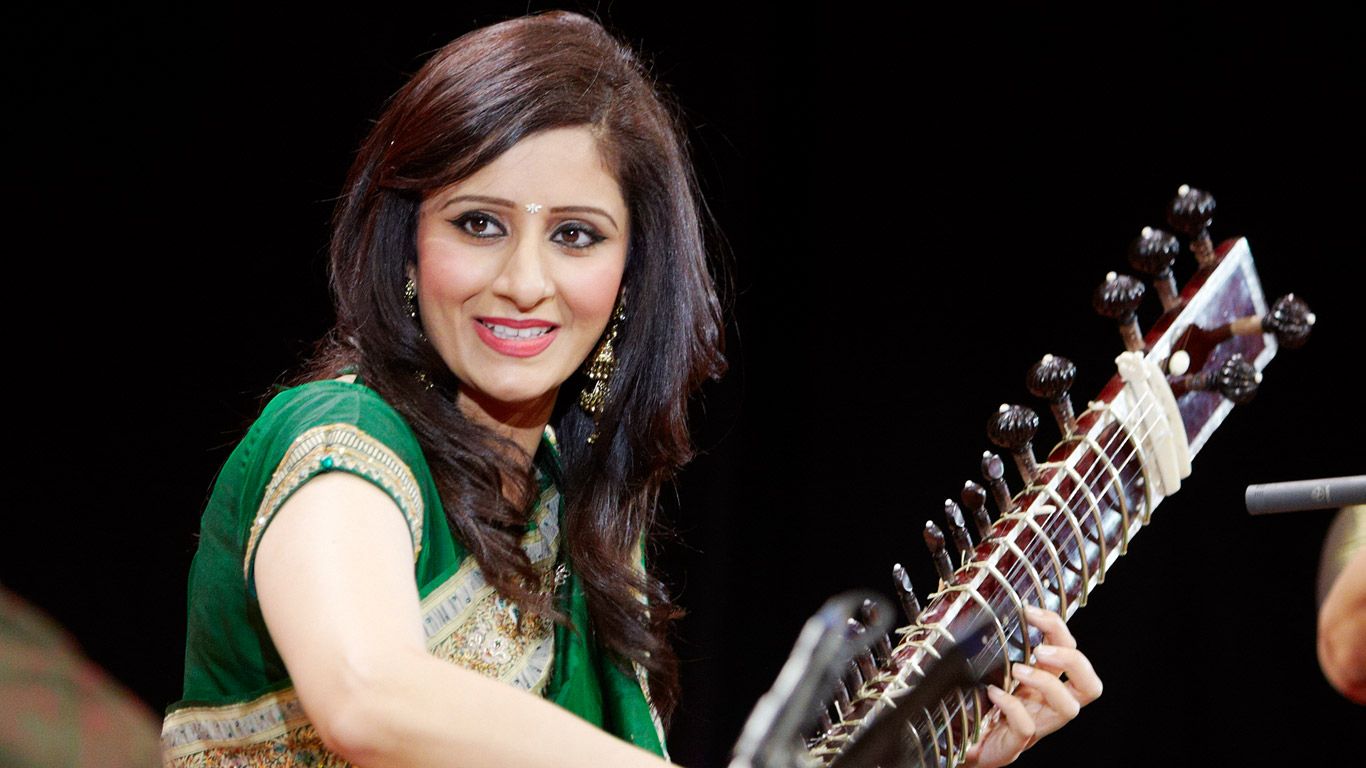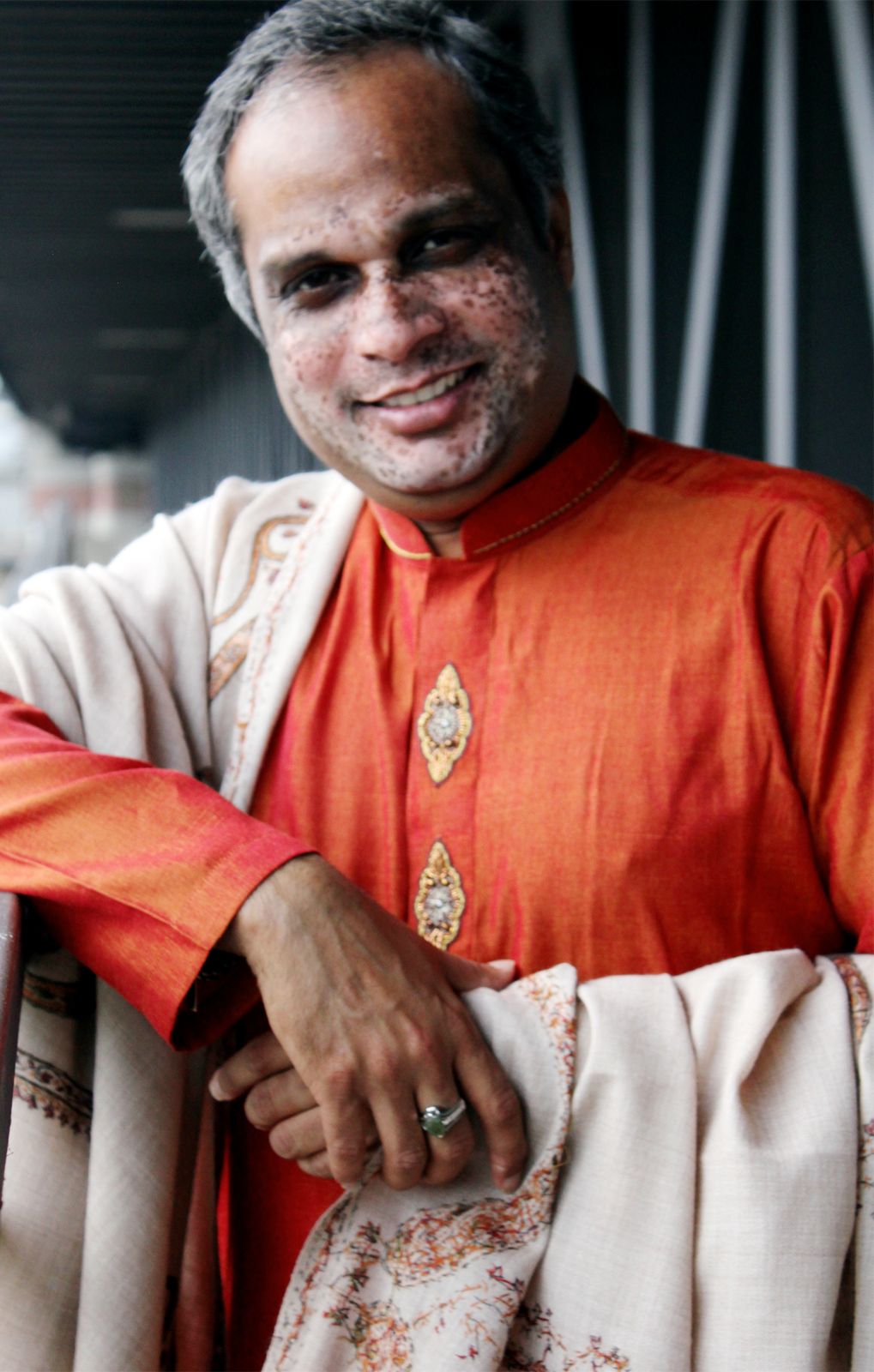Board of Advisors





Dr Cayenna Ponchione-Bailey

Dr Cayenna Ponchione-Bailey is an orchestral conductor and an academic. She is the Director of Performance at St Catherine’s College, University of Oxford and a Leverhulme Early Career Research Fellow at the University of Sheffield. Her research is focused on the social-psychological and socio-political aspects of orchestral music-making—from the intricacies of co-performer communication in modern and historically informed contexts, to the politics of participation and orchestras’ geo-political significance. In addition to a freelance conducting portfolio, Cayenna is the Conducting Fellow of the Oxford Philharmonic Orchestra and Coordinator of the orchestra’s Side-by-Side scheme. A long-time advocate of new music which addresses environmental and social issues, commissioning and premiering dozens of new compositions from composers including Nicola LeFanu, Shirley Thompson OBE, Sadie Harrison, Toby Young, Rhian Samuel, Solfa Carlile, and Arson Fahim. Cayenna’s impactful intercultural musical projects, including Many Worlds in One Place and Displaced Voices with collaborating composer Toby Young, have amplified the voices of young refugees through music. Her work has been featured on BBC Radio 3’s ‘Music Matters’, BBC Music Magazine, Gramophone Magazine (online), The Guardian, and The Times. Originally from Fairbanks, Alaska, she is now based in the United Kingdom.





Dr Chloë Alaghband-Zadeh

Dr. Chloë Alaghband-Zadeh is an ethnomusicologist, specialising in music in contemporary South Asia and the South Asian diaspora. Her research explores the intersections between musical sound, ways of listening and structures of power (especially gender and class). This work spans disciplines, synthesising perspectives from ethnomusicology and music analysis, as well as drawing on new theoretical work on affect and emotion. Before coming to Manchester, she held a three-year Research Fellowship at Emmanuel College, Cambridge and she worked as a Research Associate on the Leverhulme-funded project Migrant Memory and the Postcolonial Imagination. Her publications have appeared in Ethnomusicology, Ethnomusicology Forum and Analytical Approaches to World Music. She is currently working on a monograph on the North Indian semi-classical genre thumri, based on a combination of ethnographic and analytical research.

Prof. David Clarke

Prof. David Clarke is Professor of Music at Newcastle University. As well as teaching and researching western music theory, analysis and philosophy, David is a practitioner of the khayāl vocal style, and has published on the analysis, aesthetics and cultural significance of Hindustani classical music. His latest, open access book, Rāgs Around the Clock will be released by Open Book Publishers in 2024, with accompanying online albums by his vocal guruji, Dr Vijay Rajput (also featuring tabla maestro, Shahbaz Hussain). David, Vijay ji and Shahbaz have also collaborated on the teaching of Indian classical music at Newcastle University since 2008.

Dr. Julia Szivak

Dr Julia Szivak is currently Assistant Research Fellow at the Pázmány Péter Catholic University in Budapest, Hungary. She holds a PhD in Media and Cultural Studies from Birmingham City University. Her doctoral research looked at the transnational connections of South Asian popular music, with a focus on the British Asian music scene and the Indian music industries, especially the Bollywood and the Punjabi music markets. Her other research interests include South Asian popular culture, mainly Bollywood cinema and popular music, as well as gender and migration.

Maestra Roopa Panesar

Roopa Panesar is easily among the finest sitar players of the current generation of mainstream Indian classical musicians. Embracing Indian classical music as well as jazz and western classical genres, Roopa Panesar leaves audiences captivated and peers filled with respect. Roopa’s outstanding musical ability has resulted in a stream of high-profile national and international concerts, tours and televised performances including the BBC1 televised VJ75 memorial in the presence of HRH The Prince of Wales and working with the Belgian Symphony Orchestra. She has also collaborated with Mercury Prize winner Talvin Singh and been a participating musician at London’s prestigious Darbar Festival of Indian classical music and dance and WOMAD UK. Born in London and raised in one of the UK’s most culturally diverse cities, Leicester, Roopa took to the sitar from an early age with the UK’s leading music educator and musician, Ustad Dharambir Singh MBE. Ustad Singh is a disciple of the legendary Ustad Vilayat Khansahab. Roopa’s knowledge and skills have also been strengthened by additional training from masters like Pandit Arvind Parikh, Ustad Shahid Parvez, Pt. Buddhaditya Mukherjee and Ustad Bahauddin Dagar. She is among the modest number of female careers-musicians in the Indian classical tradition. She has toured extensively in the UK, India, Europe, Canada and USA. Roopa’s debut album ‘Khoj’ was released through the Milapfest Institute for Indian Arts in 2011. Roopa Panesar’s new album of morning ragas, SUBHA was released globally through the Asian Arts Agency, and distributed through Cadiz Music in 2022. She remains one of the most sought after global musicians.

Ustad Ashraf Sharif Khan

Ustad Ashraf Sharif Khan was born in 1969 in Lahore, Pakistan, the son of the renowned sitar master Ustad Muhammad Sharif Khan Poonchwala. Like his father and grandfather, Ashraf Sharif Khan belongs to the illustrious Poonch Gharana school of traditional sitar. Following his first public performance at the age of eleven, Ashraf toured throughout Pakistan. In 1990, he was awarded the Khwaja Khurshid Anwar Prize and the Hazrat Amir Khusran Prize. In 1992, he was chosen to represent Pakistan at the International Sound Celebration Festival in Louisville, Kentucky (USA). In 1997, he received the Colombo University Kelaniya Award (Sri Lanka). In 1999, he performed at the prestigious Medina Festival in Tunis, at the Sugar Hall in Okinawa, Japan, at the Symphony Space in New York, and at the Cairo Opera House in Egypt. Since 2000 Khansahab has mainly lived in Hamburg and Oslo. Performances in various European cities alongside many international musicians led to new projects in the areas of jazz and world music, for example with Terlog Gurthu, Nasil Shama and Tina Tandler. Ashraf has headlined and performed at numerous festivals, including Arabesque in Montpellier, Monde Arabe in Montreal, Oslo Mela World Festival, Fusion in Neustrelitz, Oberjazz in Hamburg, Kharky in Tunis, Tahzeeb in Karachi and the All Pakistan Music Conference in Lahore. He has also been a frequent guest on Norwegian, British and Pakistani television and radio, starred in the film Enzo Avitabile Music Life (2012) by Oscar-winning director Jonathan Demme, and released four studio and live albums. He teaches classical South Asian music at the Norwegian Academy of Music in Oslo. His music transcends regional boundaries, and is accessible to one and all.